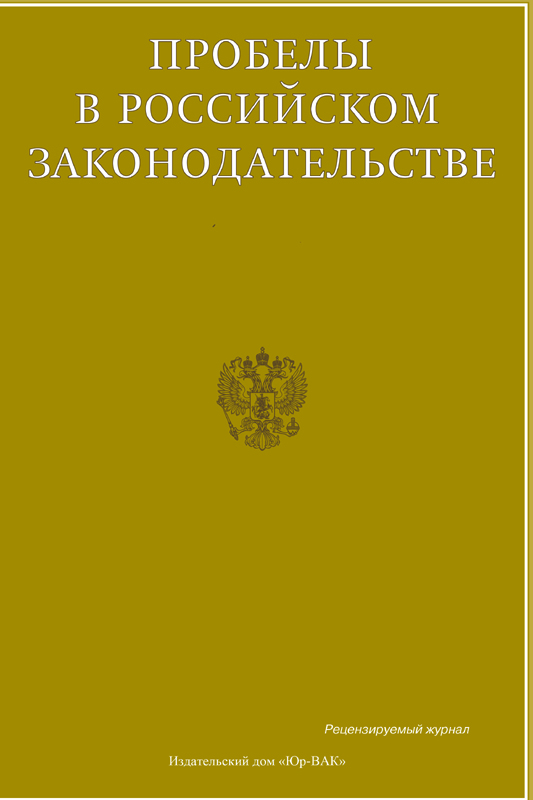Some Features of the Interaction of Investigative and Operational Departments of the Department of Internal Affairs in the Identification, Disclosure and Investigation of Drug Crimes Committed Using Information Technology
- Authors: Bitov A.A.1
-
Affiliations:
- North Caucasus Institute for Advanced Studies (branch) of the Krasnodar University of the Ministry of Internal Affairs of Russia
- Issue: Vol 15, No 4 (2022)
- Pages: 49-53
- Section: Articles
- URL: https://journals.eco-vector.com/2072-3164/article/view/531526
- ID: 531526
Cite item
Abstract
The purpose of this study was to consider some features of the interaction of investigative and operational departments of the Department of Internal Affairs in the identification, disclosure and investigation of drug crimes committed using information technology through the prism of today's realities. The relevance of this work is due to the fact that recently the anesthesia of the population living on the territory of the Russian Federation has acquired new contours, which are becoming more difficult to counteract. This difficult task is assigned to representatives of investigative and operational units of the internal affairs bodies, the solution of which directly depends on the quality of interaction and joint work of these officials. It is no secret that the bulk of drug crimes are committed using modern information technologies. Currently, it is almost impossible to imagine the daily life of people without computers, smartphones and other various gadgets that provide access to the Internet. It is in the World Wide Web that a huge number of sites, servers, applications, social networks and messengers are concentrated, through which crimes related to drug trafficking are committed. Criminals prefer this method due to the fact that a high level of security is provided in the process of committing a crime, since there is no direct contact between the accomplices, the seller and the buyer of drugs. In the article we will consider some features of the interaction of investigative and operational units in the fight against drug crimes that are committed in the above way. The objectives of the study are to analyze and solve problems arising from the interaction of representatives of investigative and operational-search apparatus in the process of combating crimes in the field of drug trafficking committed using modern information technologies. Conclusions: we have established that in order to eliminate some problems in the context of the interaction of the investigator and the operative officer in the identification, disclosure and investigation of drug crimes committed with the help of modern information technologies, it is necessary to develop a comprehensive work plan for each employee for each criminal case or verification material. Such a plan will optimize and improve the work of both the investigator and the operative. In addition, it will solve the problem of copying the activities of an operative by an investigator or vice versa.
Full Text
About the authors
Alim Aslanovich Bitov
North Caucasus Institute for Advanced Studies (branch) of the Krasnodar University of the Ministry of Internal Affairs of Russia
Email: alim_bitov@mail.ru
Police captain, Lecturer of the Department of Internal Affairs in special conditions Nalchik, Russia
References
- Tokbaev A.A., Bitov A.A. On the issue of general social prevention of drug trafficking in the Russian Federation // Eurasian Legal Journal. - 2021. - № 8 (159). - Pp. 268-269.
- Abazov I.S. Some features of countering the illegal transportation of narcotic drugs and psychotropic substances // Eurasian Legal Journal. - 2020. - № 1 (140). - Pp. 372-374.
- Lyuev T.H. On the question of methods of smuggling narcotic drugs // Eurasian Legal Journal. - 2020. - № 4 (143). - Pp. 335-337.
- Bitov A.A. Problems of evaluation of verification materials on the facts of illegal trafficking narcotic drugs // Gaps in Russian legislation. - 2018. - No. 3. - pp. 434-436.
Supplementary files









